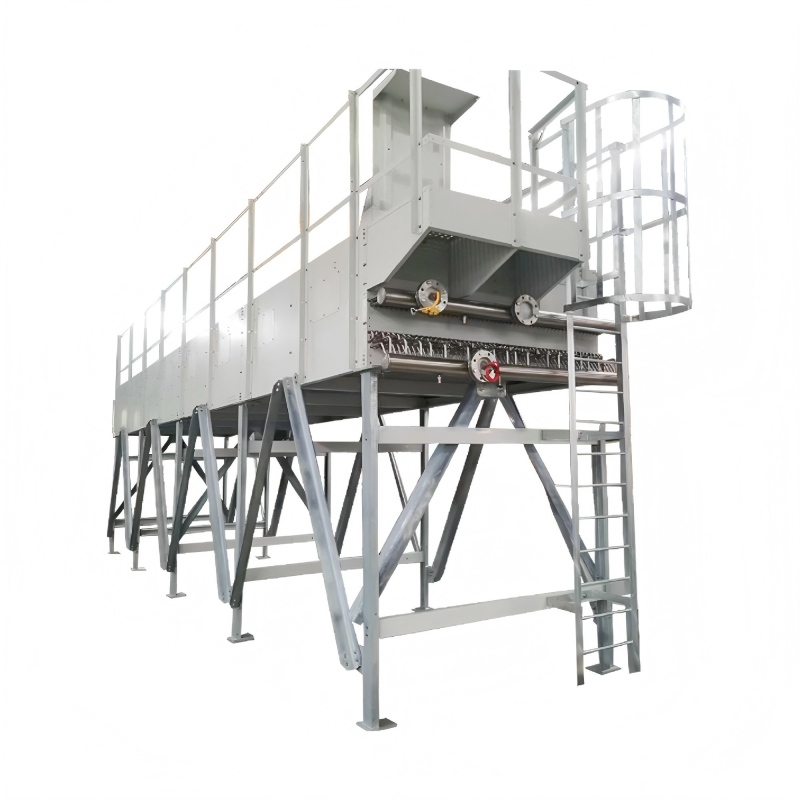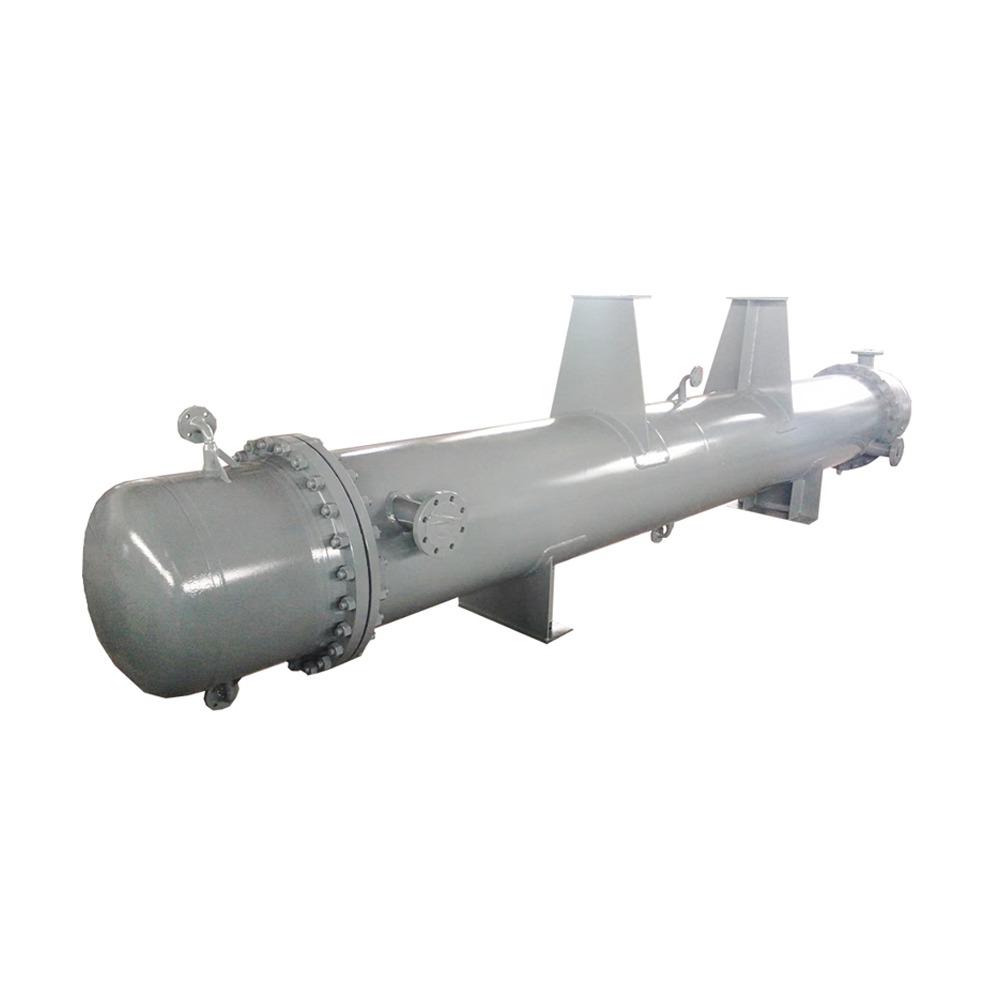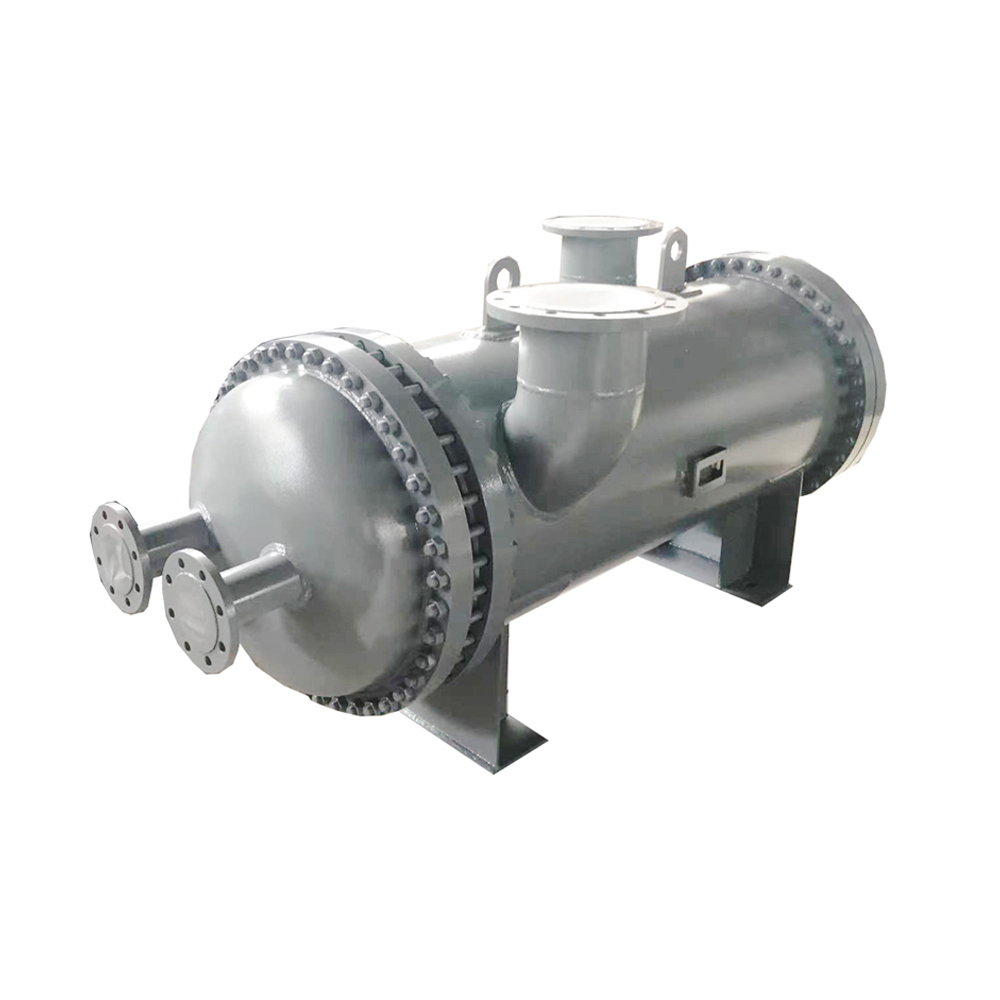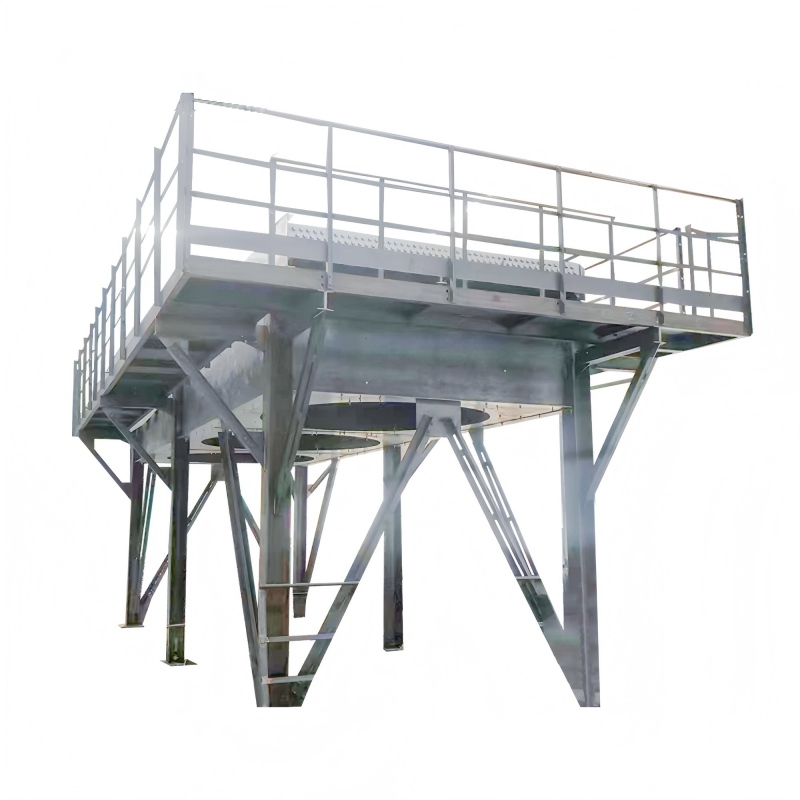This guide provides a detailed overview of China counterflow cooling towers, exploring their design, applications, advantages, and considerations for selection and maintenance. Learn about different types, efficiency improvements, and the role they play in various industrial processes.
Understanding Counterflow Cooling Towers
What is a Counterflow Cooling Tower?
A counterflow cooling tower is a type of evaporative cooling tower where the airflow and water flow in opposite directions. This design promotes efficient heat transfer, maximizing the cooling effect. Hot water flows downward over a fill media, while cool air is drawn upward, absorbing heat and evaporating some of the water. This process effectively reduces the water's temperature. China counterflow cooling towers are widely used across various industries due to their reliability and cost-effectiveness.
Types of Counterflow Cooling Towers
Several types of counterflow cooling towers exist, categorized by material, size, and application. Common materials include fiberglass-reinforced plastic (FRP), concrete, and galvanized steel. Size varies significantly, ranging from small units for residential use to massive industrial systems. Choosing the right type depends heavily on the specific cooling requirements and budget. For example, FRP towers are known for their corrosion resistance, while concrete towers offer greater durability in harsh environments.
Advantages of China Counterflow Cooling Towers
High Efficiency and Cooling Capacity
The counterflow design inherently leads to high heat transfer efficiency. This means that the water is cooled more effectively compared to other types of cooling towers, resulting in lower operating costs and energy savings. This is particularly important for larger industrial applications where significant cooling capacity is required.
Reduced Water Consumption
While evaporation is a necessary part of the cooling process, well-designed China counterflow cooling towers minimize water waste. Improved fill media and optimized airflow patterns contribute to reducing water loss through evaporation, which is crucial in areas with water scarcity.
Low Maintenance Requirements
Many China counterflow cooling towers are constructed with durable materials like FRP, requiring minimal maintenance. Regular inspections and occasional cleaning of the fill media are usually sufficient to maintain optimal performance. However, proper maintenance schedules should be established and followed to extend the lifespan of the tower.
Selecting the Right China Counterflow Cooling Tower
Factors to Consider
Several key factors influence the selection of a China counterflow cooling tower: cooling capacity (in BTU/hr or kW), water flow rate (in gpm or l/s), ambient temperature and humidity, available space, and budget. It's crucial to accurately assess these factors to ensure the chosen tower meets the specific needs of the application.
Choosing a Reputable Supplier
Selecting a reputable supplier is critical to ensure quality and long-term performance. Look for companies with a proven track record, strong customer support, and readily available parts and service. Shanghai SHENGLIN M&E Technology Co., Ltd. (https://www.ShenglinCoolers.com/) is a leading provider of high-quality China counterflow cooling towers.
Maintenance and Troubleshooting
Regular Maintenance Schedule
A regular maintenance schedule is essential for optimal performance and extended lifespan. This includes periodic cleaning of the fill media, inspection of the fan motors and drives, and checking for leaks. Early detection and resolution of issues can prevent costly repairs in the future.
Troubleshooting Common Problems
Common issues include reduced cooling capacity, water leakage, and excessive noise. Understanding the potential causes and effective troubleshooting techniques can minimize downtime and maintain efficiency.
Conclusion
China counterflow cooling towers offer a reliable and efficient solution for various cooling applications. By understanding their design, advantages, and maintenance requirements, users can select and operate these systems effectively, optimizing performance and minimizing costs. Choosing a reputable supplier like Shanghai SHENGLIN M&E Technology Co., Ltd. ensures access to high-quality equipment and excellent support.
| Feature | Counterflow Cooling Tower | Other Cooling Tower Types |
| Airflow/Waterflow Direction | Opposite | Parallel or crossflow |
| Heat Transfer Efficiency | High | Generally lower |
| Water Consumption | Lower | Higher |
| Maintenance | Relatively low | Can vary |
Note: Information provided here is for general guidance only. Always consult with a qualified professional for specific applications.









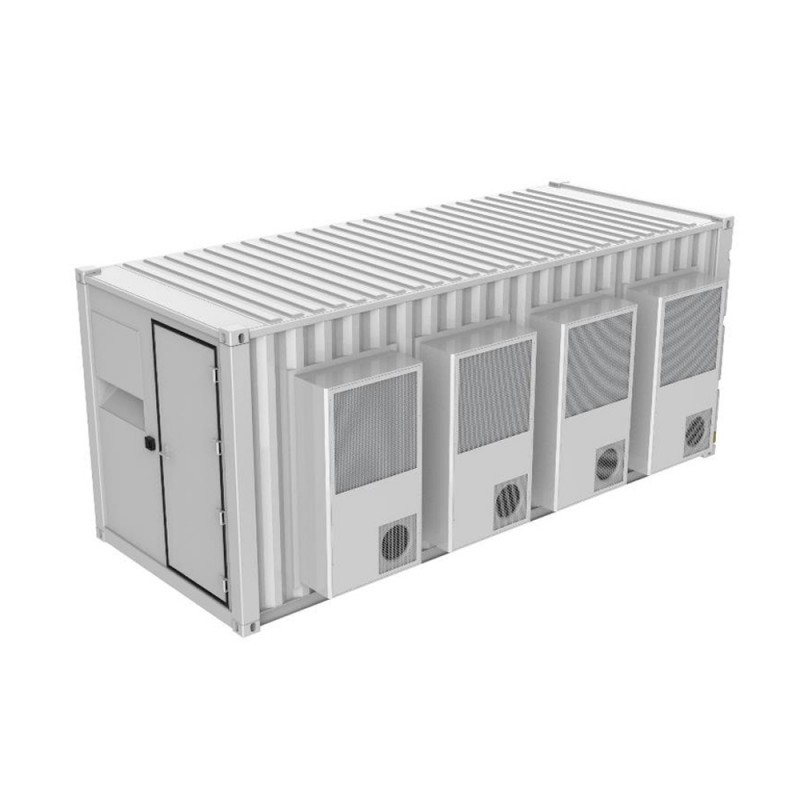
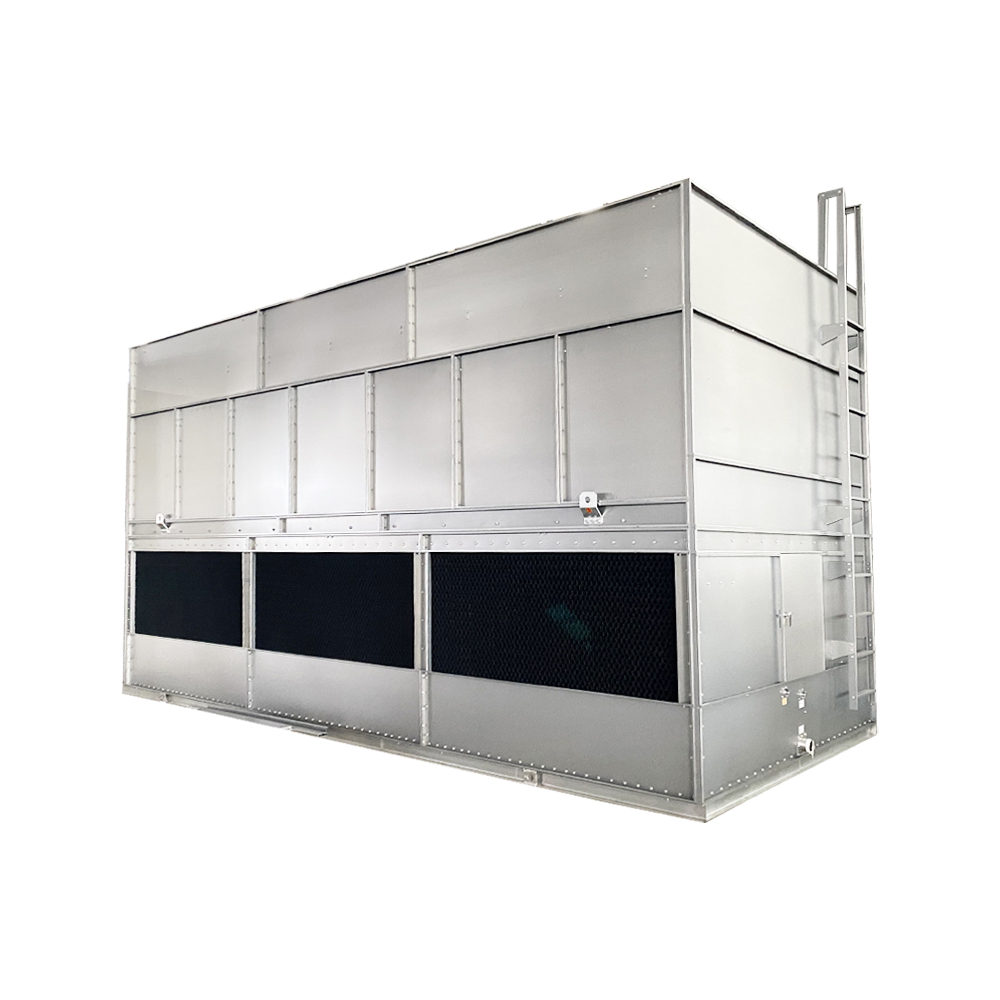
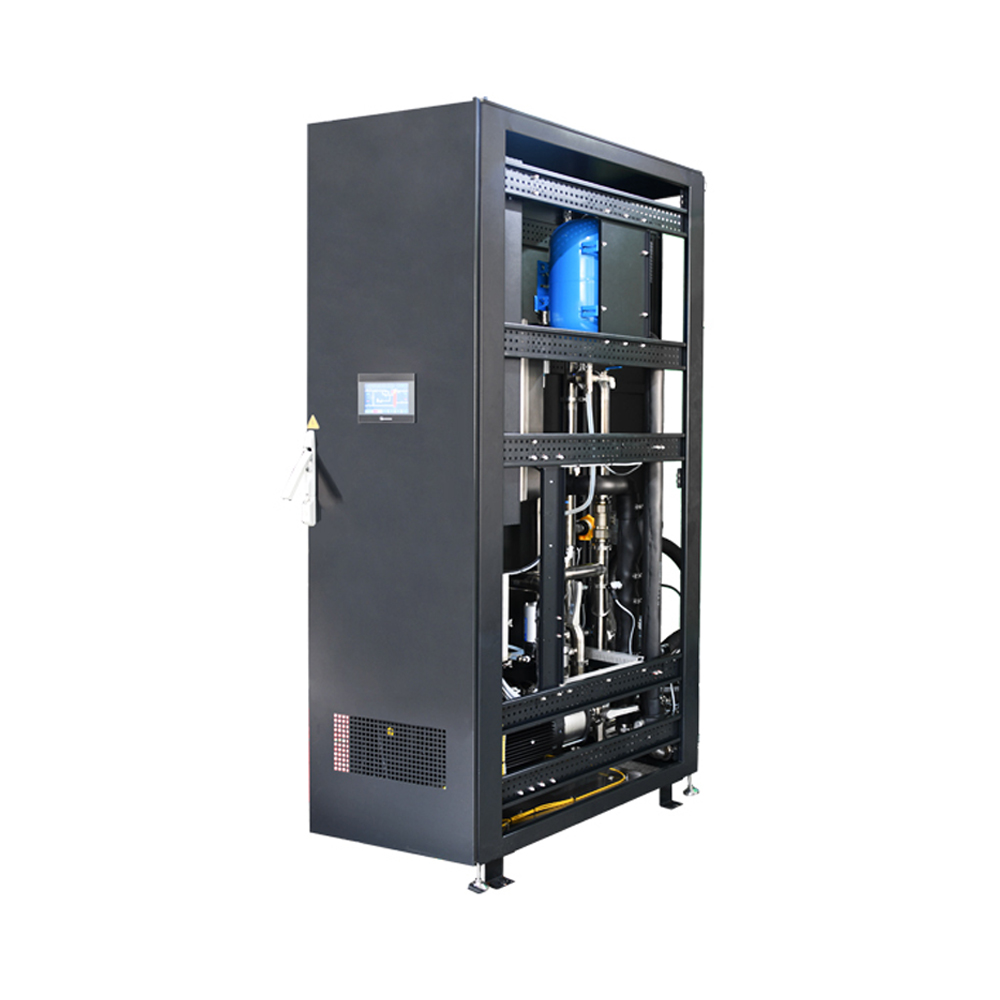
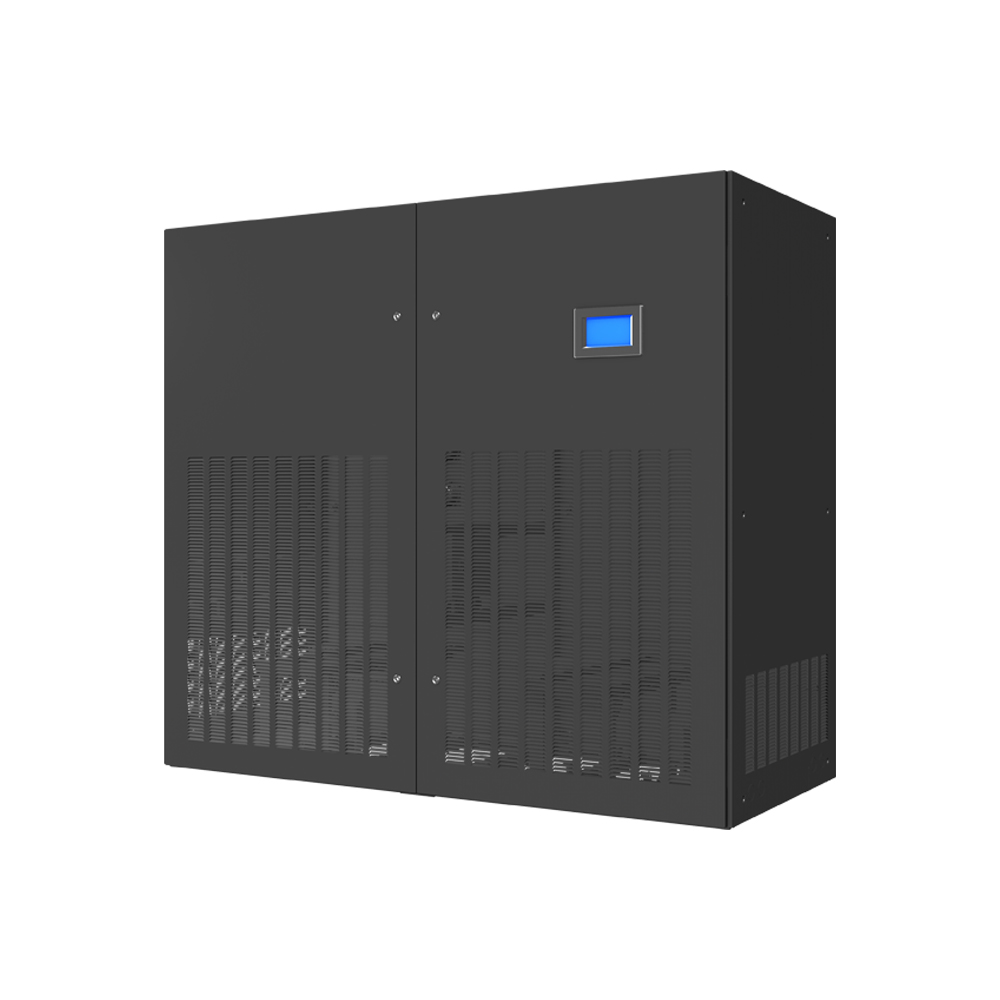
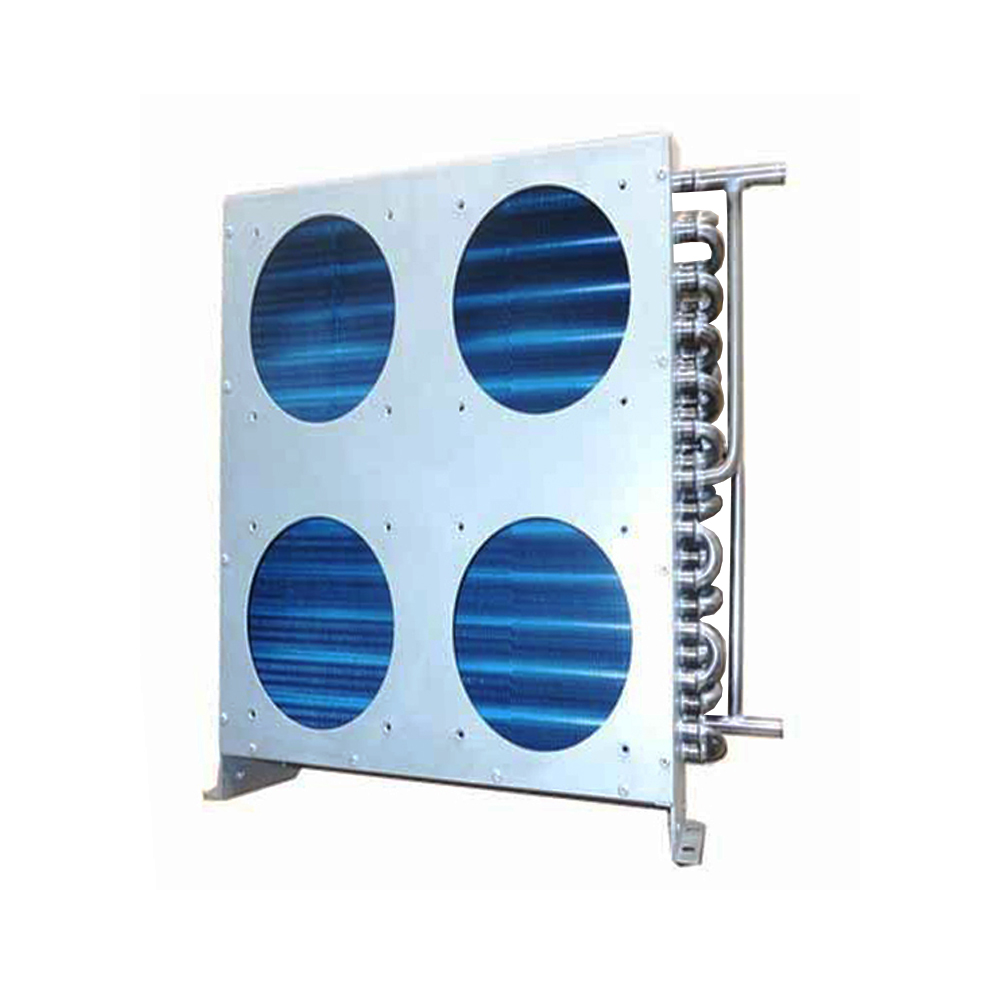
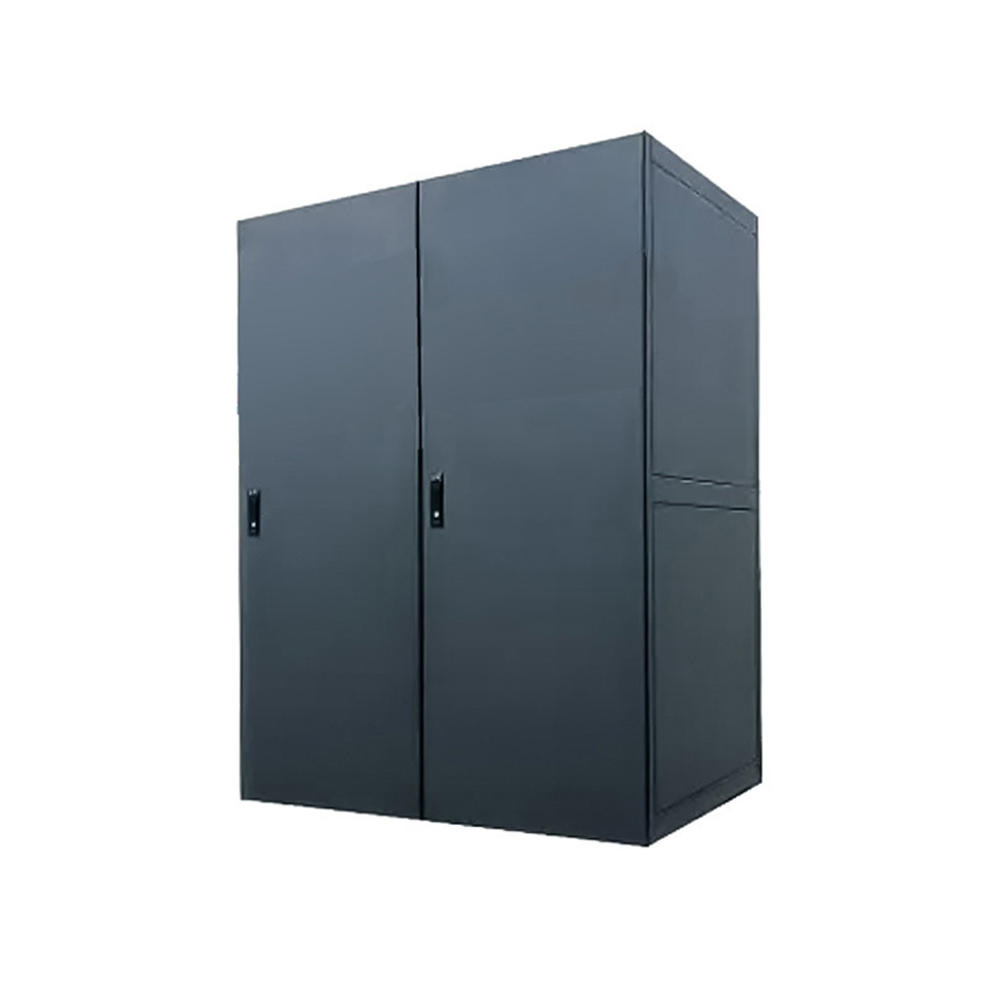
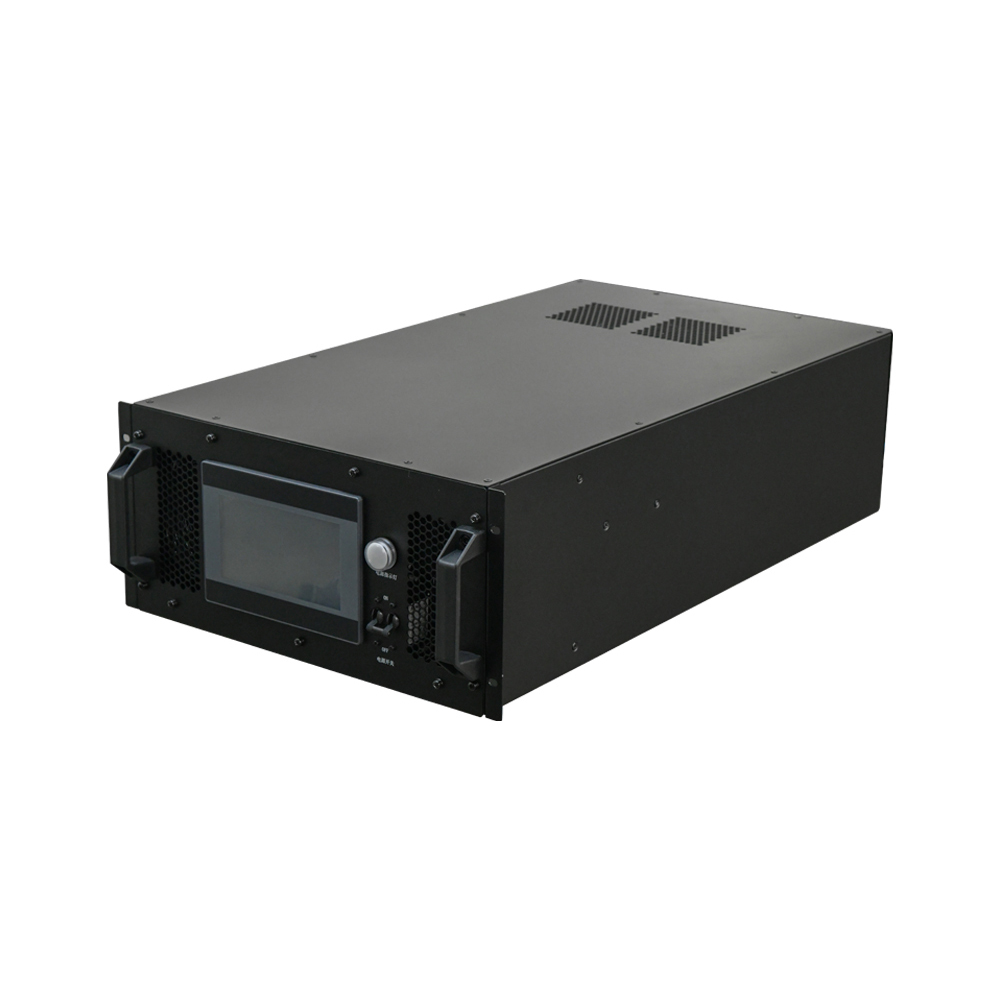
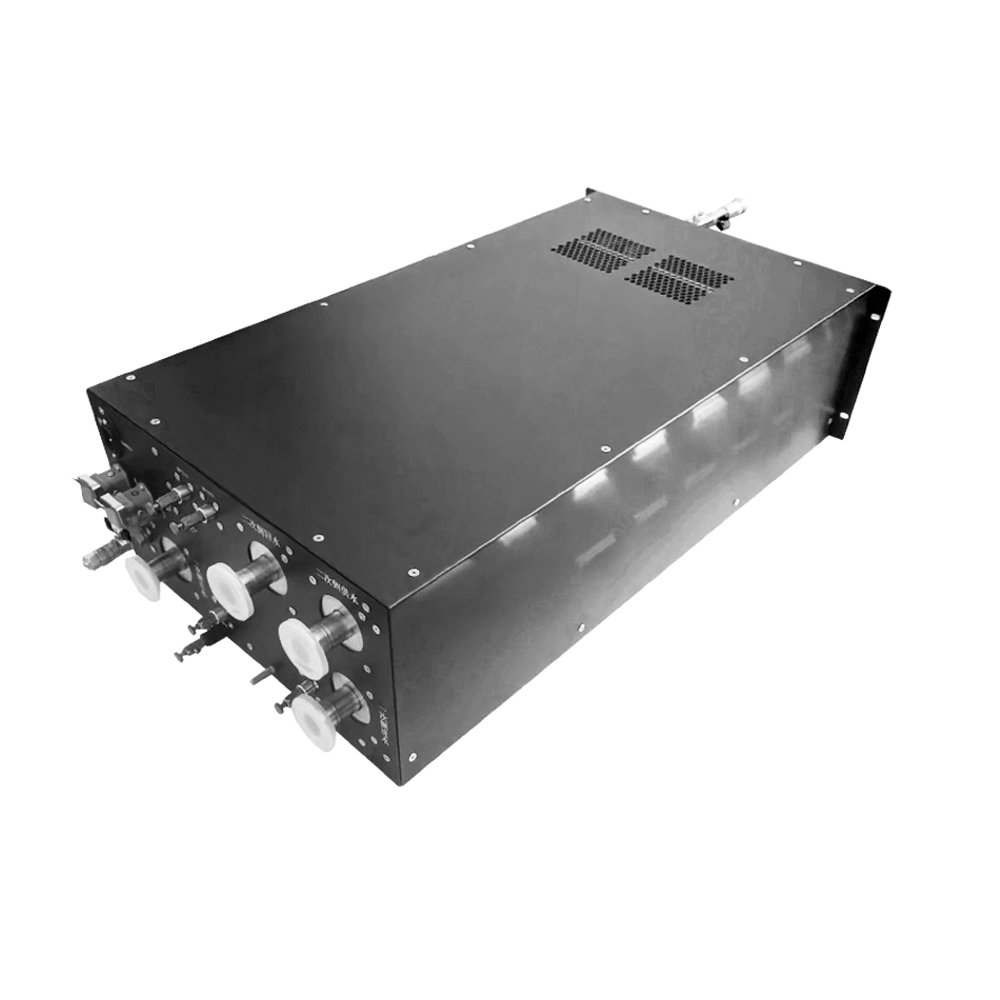

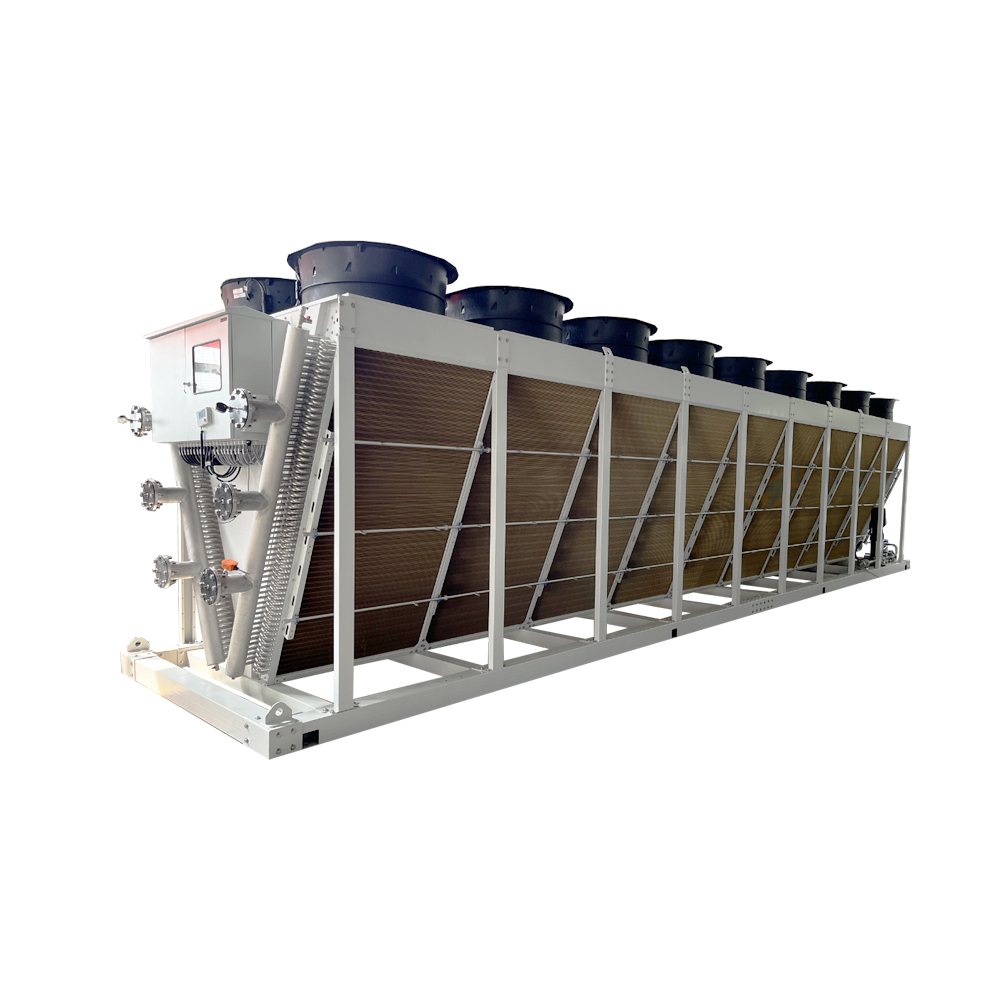
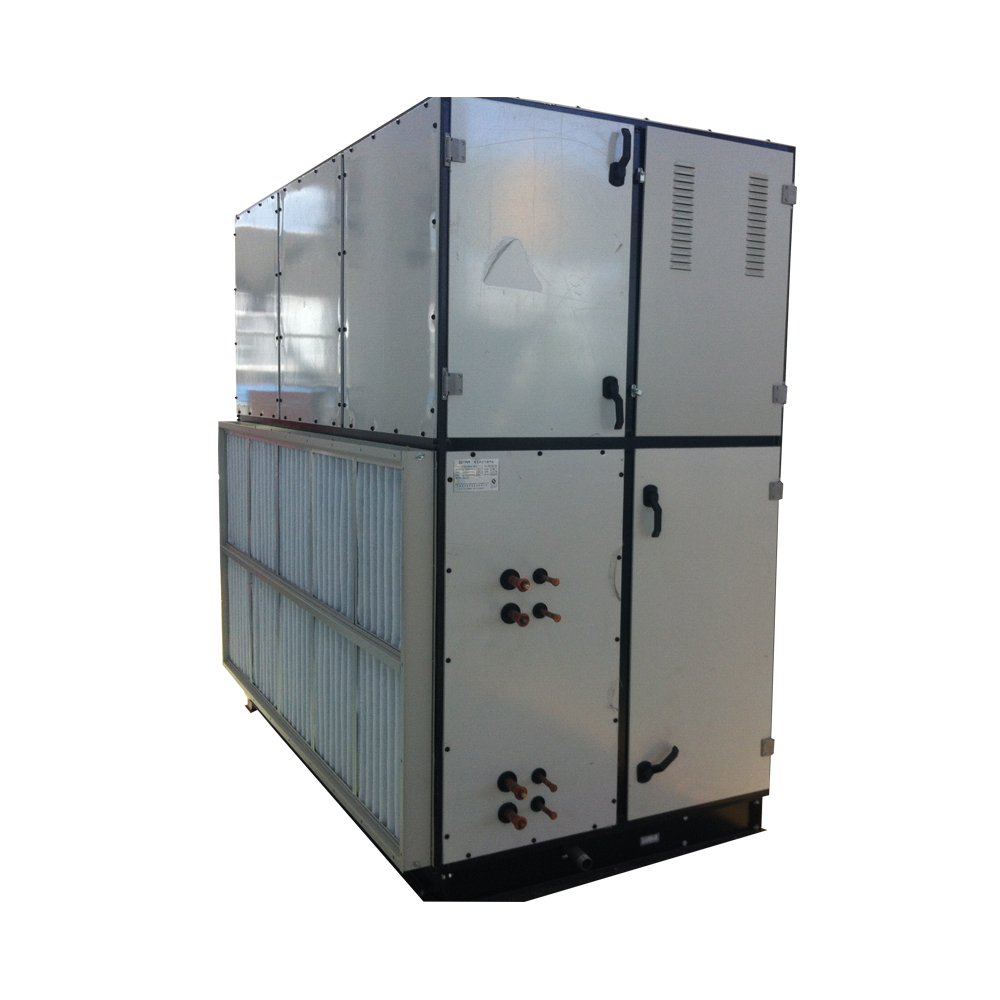
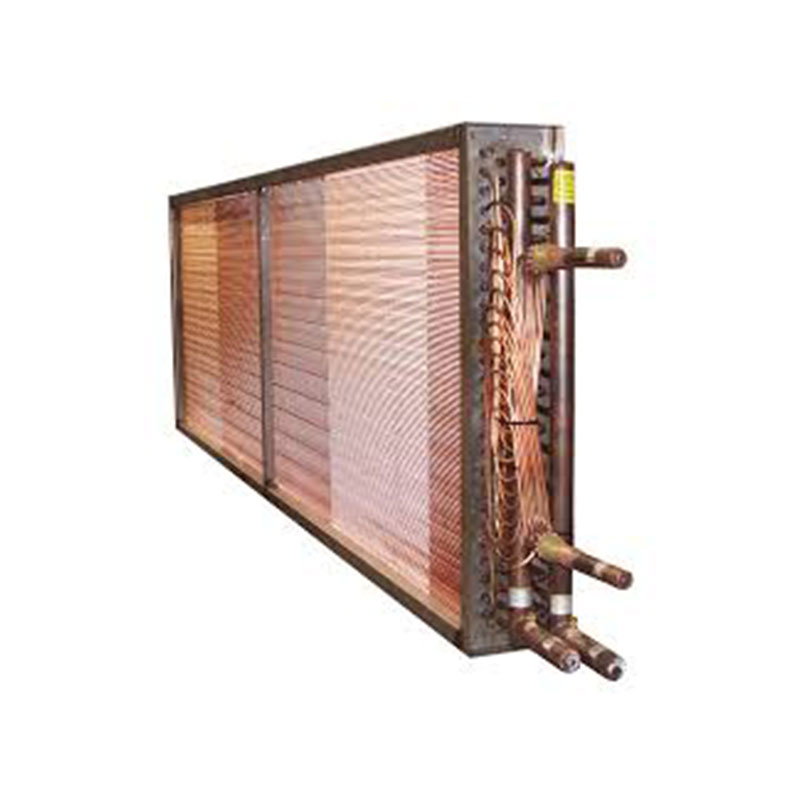
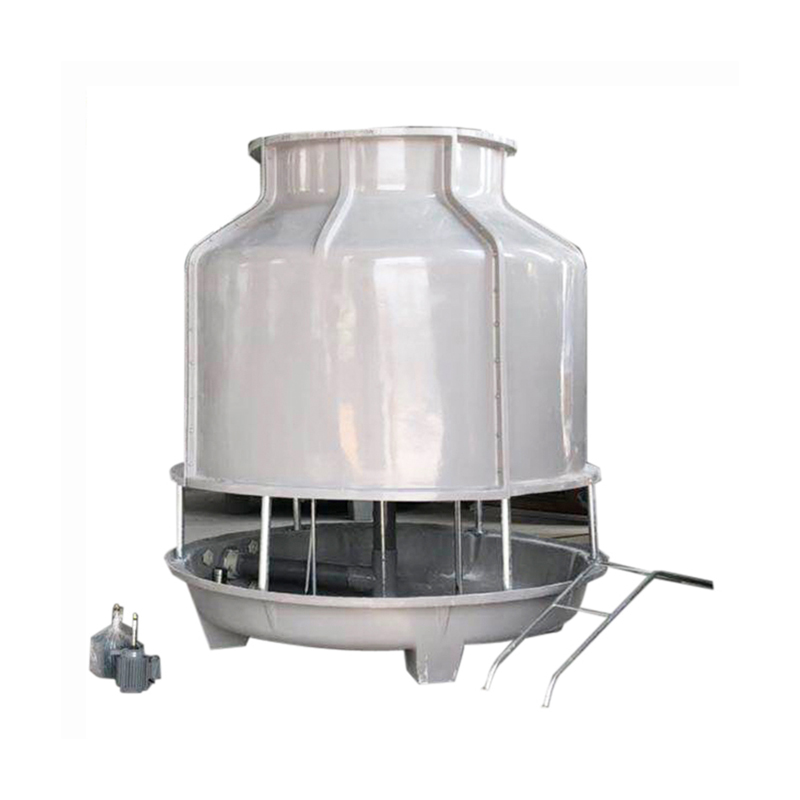
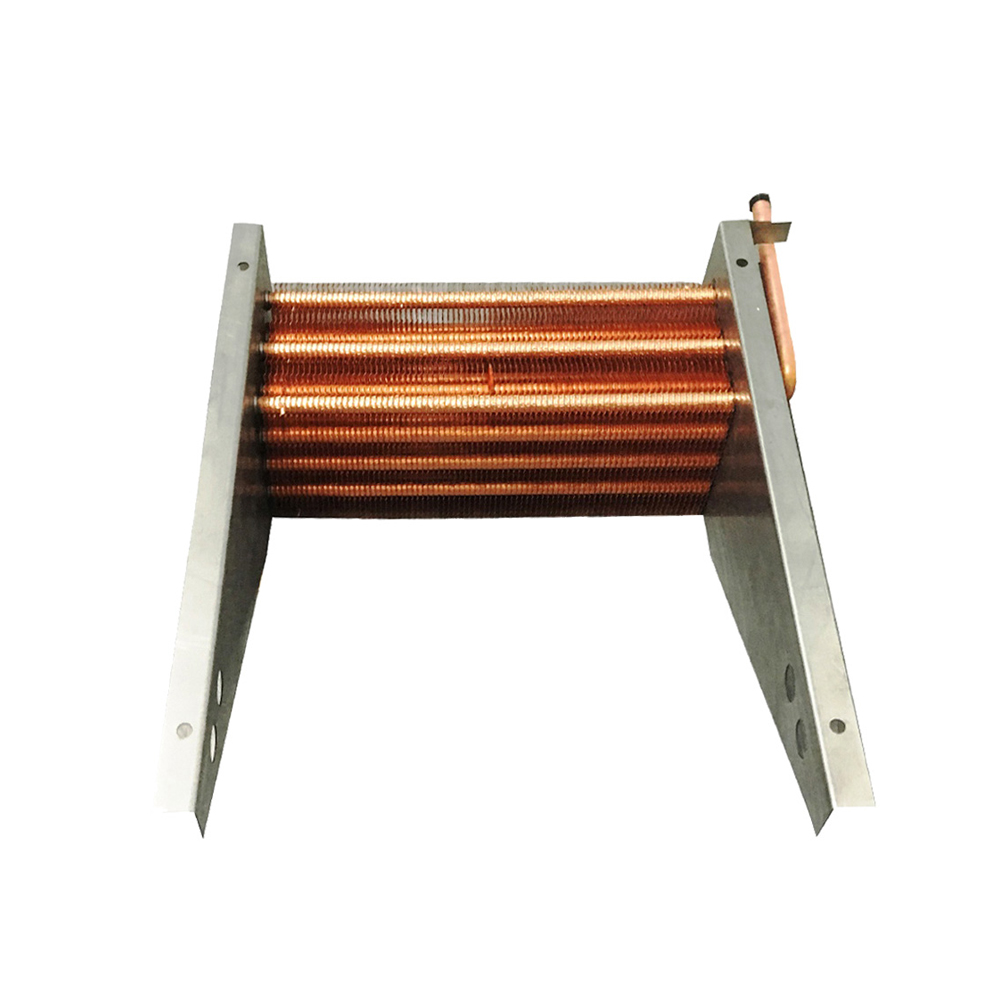
.jpg)
